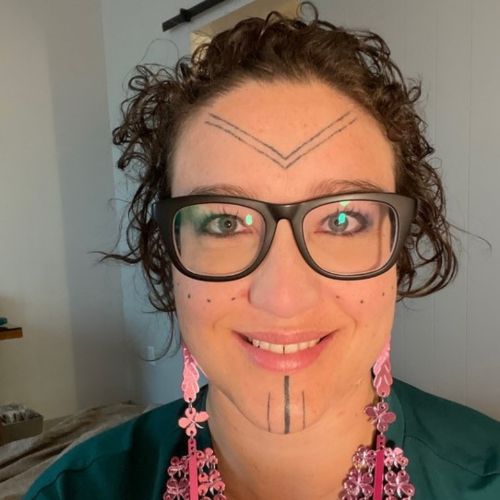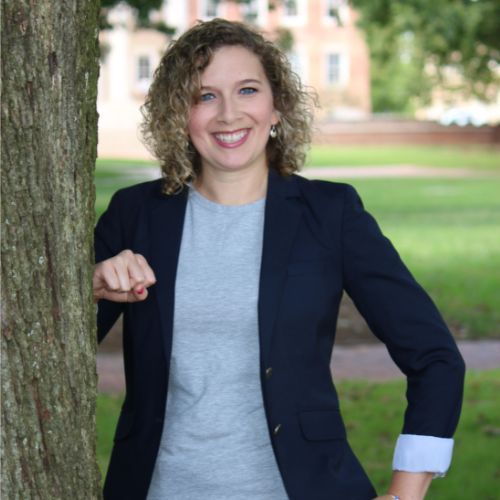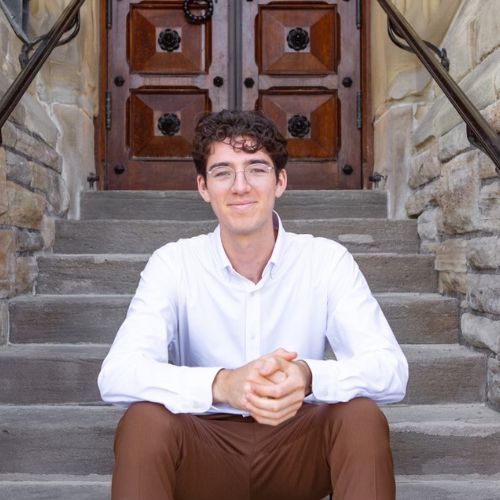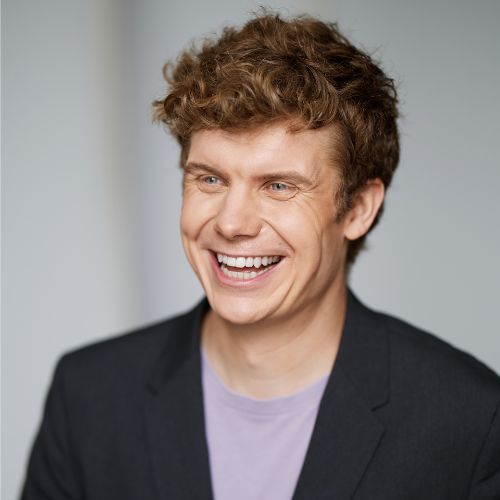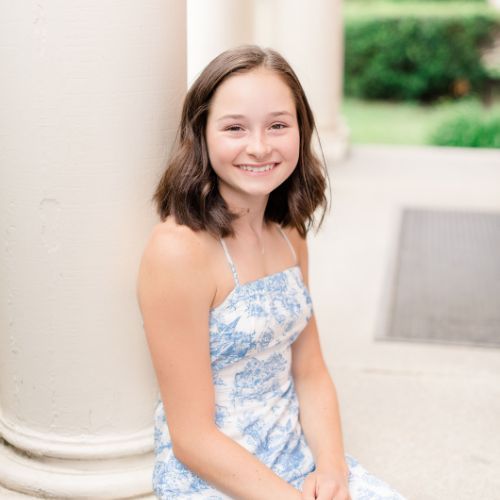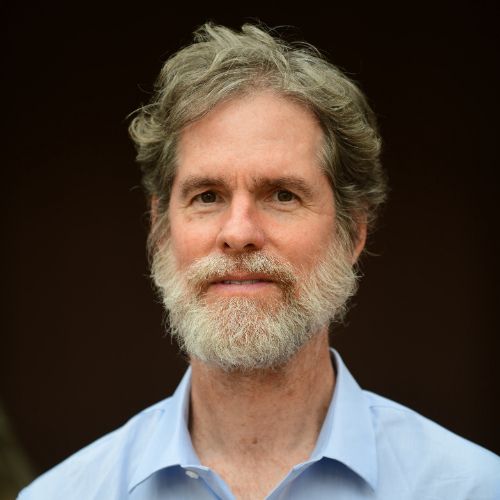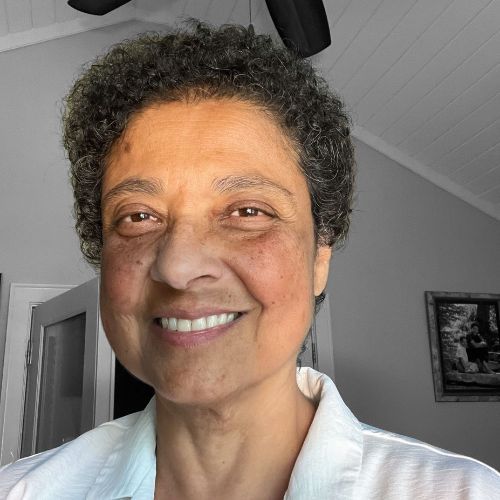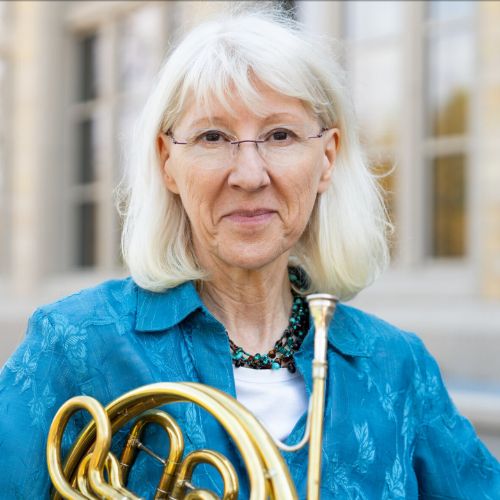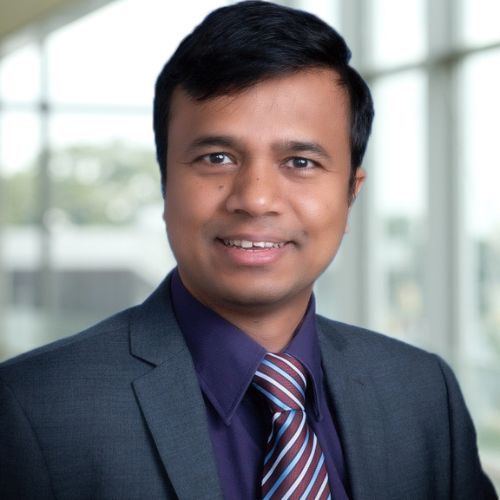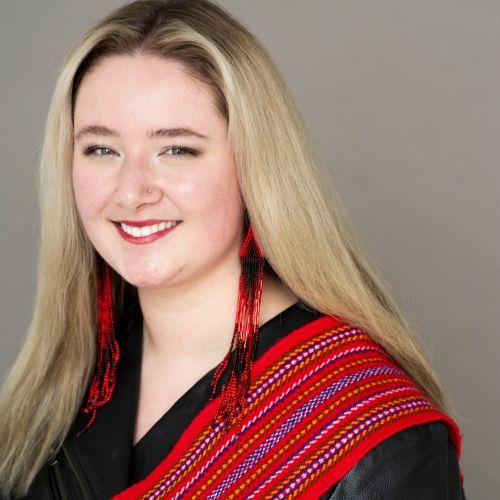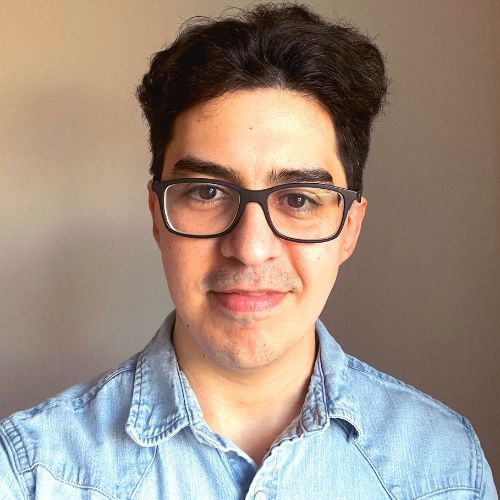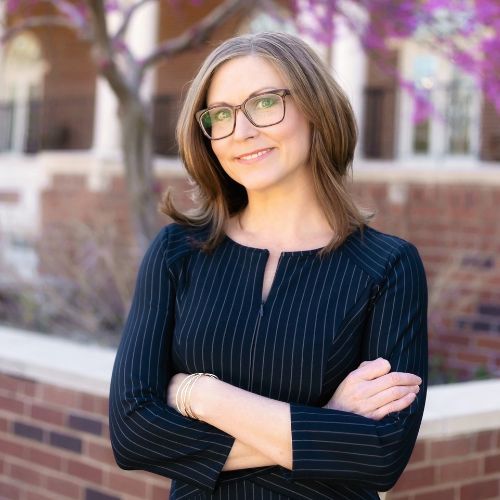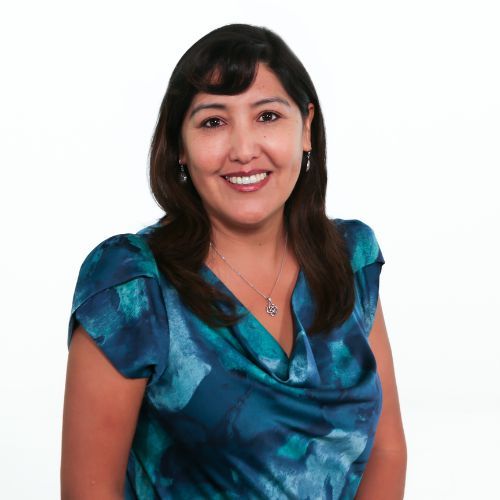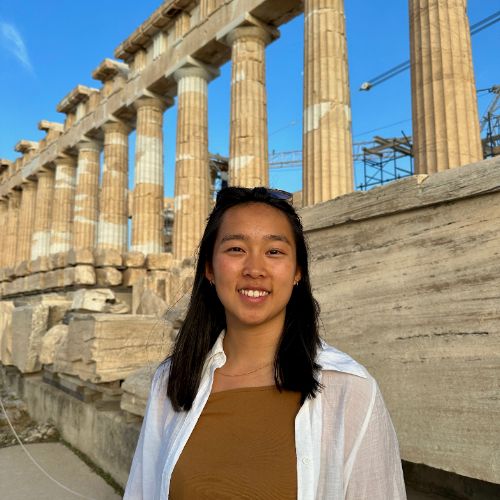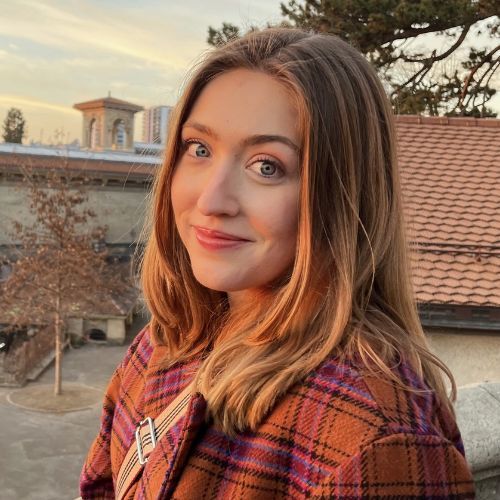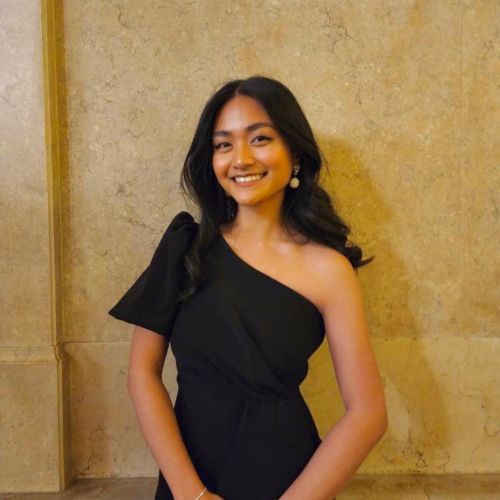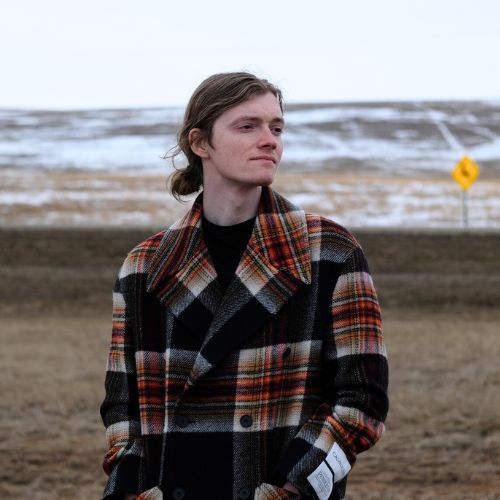International Education Week 2024:
Join Fulbright Canada in Celebrating Global Connections

Celebrate International Education Week with Fulbright Canada Nov 18-22!
International education is about expanding horizons, making connections, and establishing mutual understanding between people in Canada, the United States, and beyond. This week, we celebrate the impact of global education and international exchange in growing mutual understanding, promoting peace, and supporting progress.
Follow along for stories from Fulbright Canada scholars, research chairs, and fellows who bridge borders through research and collaboration, attend a special webinar with Education USA, and more!
As a proud Fulbright alum, I am honoured and privileged to lead Fulbright Canada and witness the awesome transformative power of international education. Over the past 20 years, I’ve seen how cross-border academic exchange fosters collaboration, advances knowledge, and builds understanding between Canada and the United States. During International Education Week, we celebrate the scholars, researchers, and community leaders who embody these values and contribute to a more interconnected world. Thank you for joining us in recognizing the crucial role of global education in shaping the future.
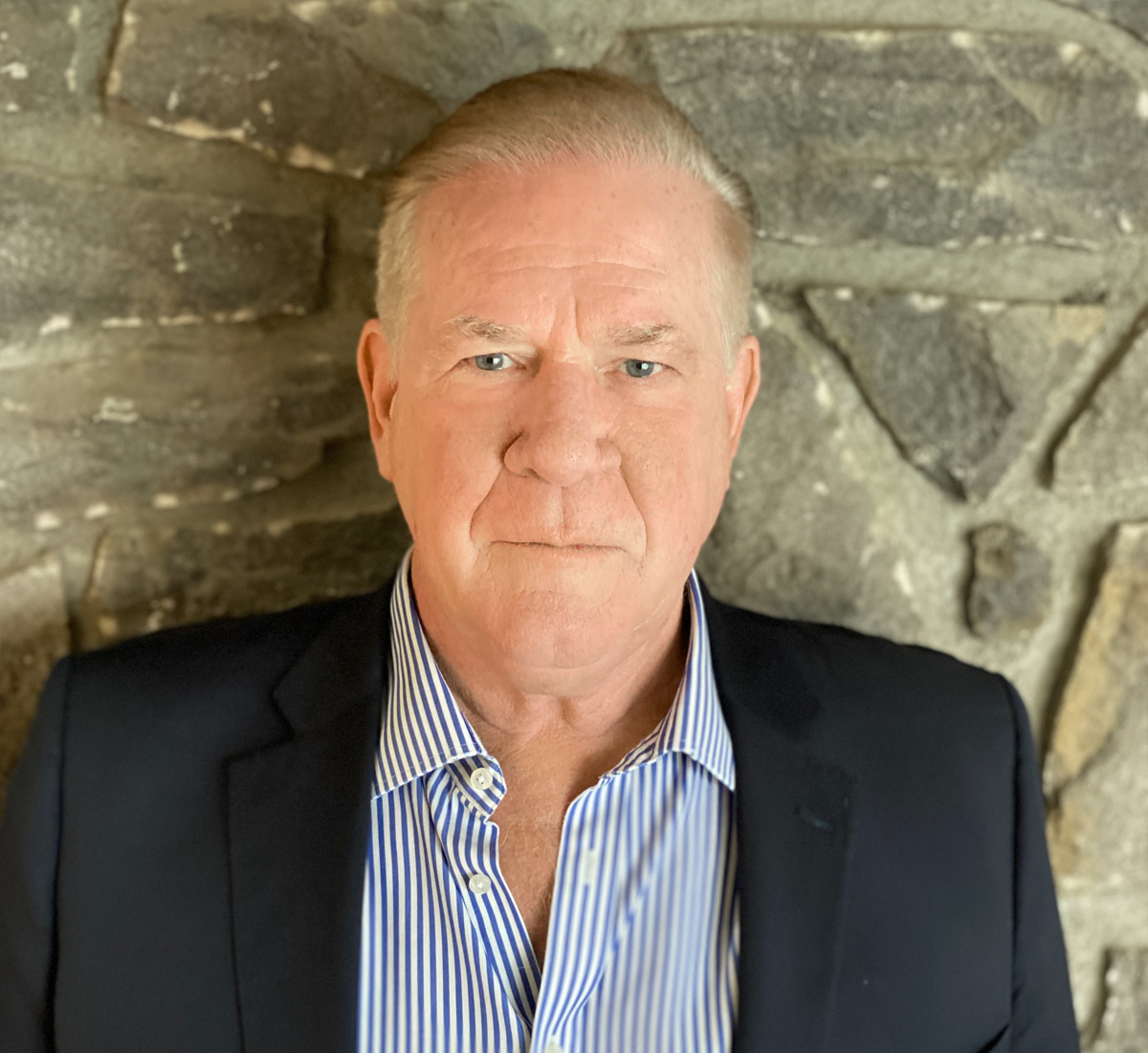
Michael Hawes
Dr. Michael Hawes, Fulbright Distinguished Chair, UC Berkeley, 1999-2000
What is International Education Week?
International Education Week (IEW) is an opportunity to celebrate the benefits of international education and exchange worldwide. Supported by the U.S. Department of State, IEW promotes cross-cultural dialogue, mutual understanding, and academic exchange. This week, Fulbright Canada highlights the inspiring journeys of scholars contributing to diverse fields across borders.
International Education by the Numbers
Fulbright Alumni
350,000+ Fulbright alumni in 160+ countries.
Research Chairs and Fellowships
400+ scholars actively engaged in cutting-edge research
International Students in US
1,126,690 ( 7%)
Academic year 2023-24 (All time high)
Source: Open Doors
Top 5 States
CA
140,858
NY
135,813
TX
89,546
MA
82,306
AZ
30,054
International Students in Canada
1,040,985 ( 29%)
Academic year 2023-24 (All time high)
Source: ICEF
Top 5 Provinces
ON
526,015
BC
202,565
QC
117,925
AL
63,425
MB
28,190
opportunities & connections created
boundless
Meet Our Fulbright Canada Grantees
Explore the stories of some of this year’s Fulbright scholars and students. From groundbreaking research in environmental science to innovative teaching and learning in the arts, these profiles showcase how international exchange fuels knowledge-sharing and strengthens U.S.-Canada relations.
Follow along for daily stories that highlight each scholar’s journey!
Special EducationUSA Webinar
Discover Educational Opportunities in the U.S.

Join us for an exclusive webinar in collaboration with Education USA! Discover how Fulbright Canada and Education USA support Canadian students pursuing academic dreams in the U.S. The session will cover application tips, scholarship opportunities, and firsthand insights from alums. Don’t miss this opportunity to connect and learn!
Thursday, November 21, 2024 · 6:30 p.m. EST
Register Now



